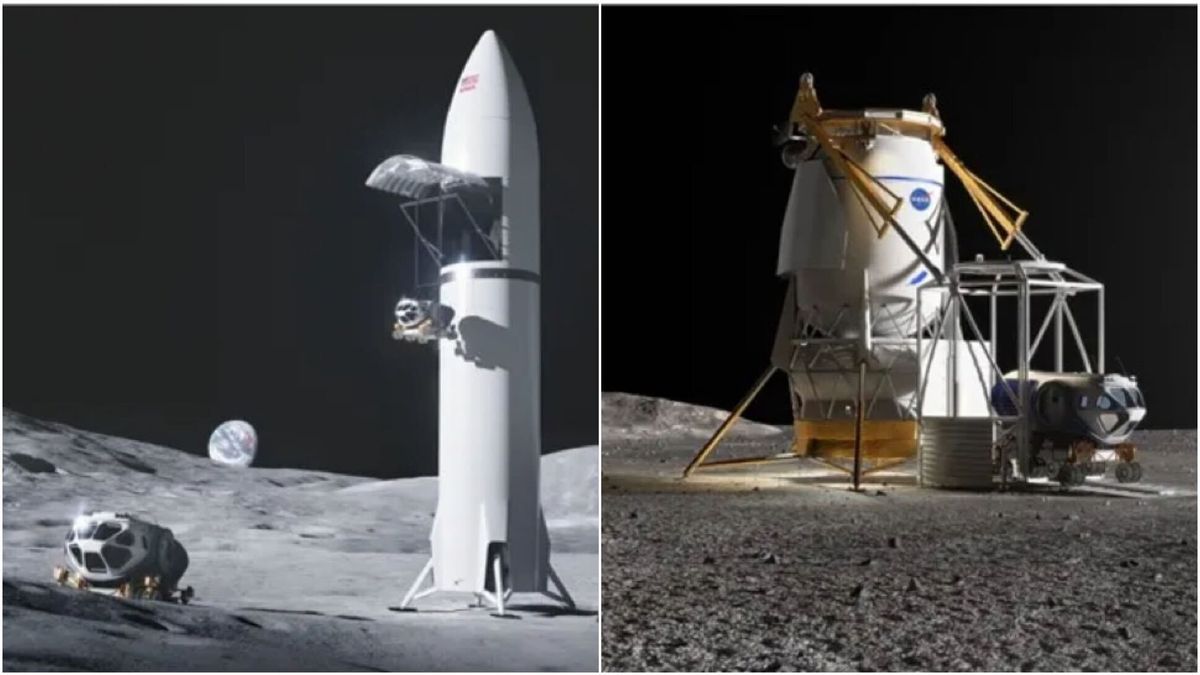Jobs
(Opinion) Lou Cartier: Choose to invest in your ‘dirty job’

Been thinking about my first jobs in high school and college, nostalgia prompted by my business students’ earthy reflections on lamb castration, of all things.
Remember “Dirty Jobs,” Mike Rowe’s gripping TV show of a generation ago, an homage to difficult, dirty work that fills practical needs, pays the bills and instills pride? This popular Discovery Channel series seeded his continuing commitment to philanthropy and public policy advocacy.
Rowe’s big idea: that skilled trades and other “specialized” hands-on jobs not only build self-respect but can lead to fulfilling careers that need not require a four-year college degree. His Works Foundation generates scholarships for “hardworking men and women who will keep the lights on, water running and air flowing.” (mikeroweworks.org)
While his edginess has generated criticism on social media for insensitivity to individual limitations, a good many students echo his feistiness, i.e., “In today’s society, particularly in my generation, too many people are afraid of getting their hands dirty. They don’t understand that the dirty work is what keeps this country — most countries — running.”
I grew up with family and friends whose jobs demanded they show up at a physical site at a certain time with the right attitude. They worked in construction, transportation, plumbing, policing, auto manufacturing and repair, HVAC, hospitality and health care, for example.
Not until Barb and I moved to Nebraska, then Colorado, did my field of vision come to embrace farming, ranching and food processing … where a certain output was expected, however “unglamorous” the environment.
Raised as a city kid, I nevertheless feel a connection to “people of the earth,” stemming from the first time I “helped myself” to a neighbor’s field corn, anticipating the mouthwatering treat my mother had regularly brought back from the produce section.
Now I wonder if, decades earlier, as a rising high school sophomore, my first taste of the caddie shack would qualify as the kind of career prep that Rowe’s foundation supports?
Tall, slim, not at all muscular, I toted hefty bags for golf club members and guests. Sore shoulders, sure. Decent tips, sometimes. Yet, this first paid gig also generated lessons in course etiquette that resonate to this day, such as taking care to move our bags (or golf cart) to the backside of the green before putting, so as not to hold up the next group.
My first “cool job” as a teen was retail clerk and delivery boy at the corner drugstore: running the cash register, joking with patrons, relaying pharmacy updates over the intercom, delivering prescriptions in the store vehicle.
By senior year, I was trusted with the liquor counter over the runup to New Year’s. Muscling dollies from the basement stockroom, deftly wielding box cutters, checking customer ID’s, enduring more “dad” jokes from the regulars.
Everything but gift wrapping. Seems like we had pros for that.
In college, the spring and fall meets at the Detroit Race Course paid my tuition. First valet parking (Teamsters Union!), then actually patrolling the parking lots, saving prime spaces for tips, then time for study in the back lots while patrons’ eyes were glued to horseflesh pounding the track inside.
Rewarding job, cool job, less stressful than running “copy” at the Detroit Free Press, where we “plebes” also were deputized to choose the daily icon on the weather page — sunburst, cloud or lightning bolt.
I may not have realized it at the time, but all these work roles were gateways to my career in journalism and institutional advancement. They shaped my identity as a communicator and educator.
For my Intro to Business students, Rowe’s visit to a Craig, Colo., sheep ranch some 15 years ago wonderfully captured in a classic TED talk, unleashed evocative personal stories (ted.com).
Smile with me over samples from the ranch:
“I can relate to working in dirty jobs ever since I was about 15, first harvesting tomatoes in Mexico, then skinning animals to make tacos and sell them in the market. Back in the U.S., it was collecting milk samples for 15 hours straight and being covered in cow poop for the whole shift.”
Also, in response to the old cowboys’ creative alternative to rubber bands, “Although it seems extremely cruel, cows nevertheless must be branded to sell them. Calves must be castrated, because you cannot have a million bulls running around. A ranch would get out of hand.”
Lastly, look away if you must, dear readers, but picture skinning the (separated tissue) before it can be made into a Rocky Mountain Oyster. “Did I love this job? I would not say that. Did it need to be done? Yes.”
Insightful life lesson: “Sometimes people don’t end up doing what they love; they just learn to love it.”
Cartier teaches at Aims Community College, focusing on ethical challenges facing business leaders and “soft skills” that underlie their people’s success. A member of the Adjunct Faculty Committee, he contributes to college-wide organizational development. Views and opinions here are solely the author’s and do not necessarily reflect those of Aims.









